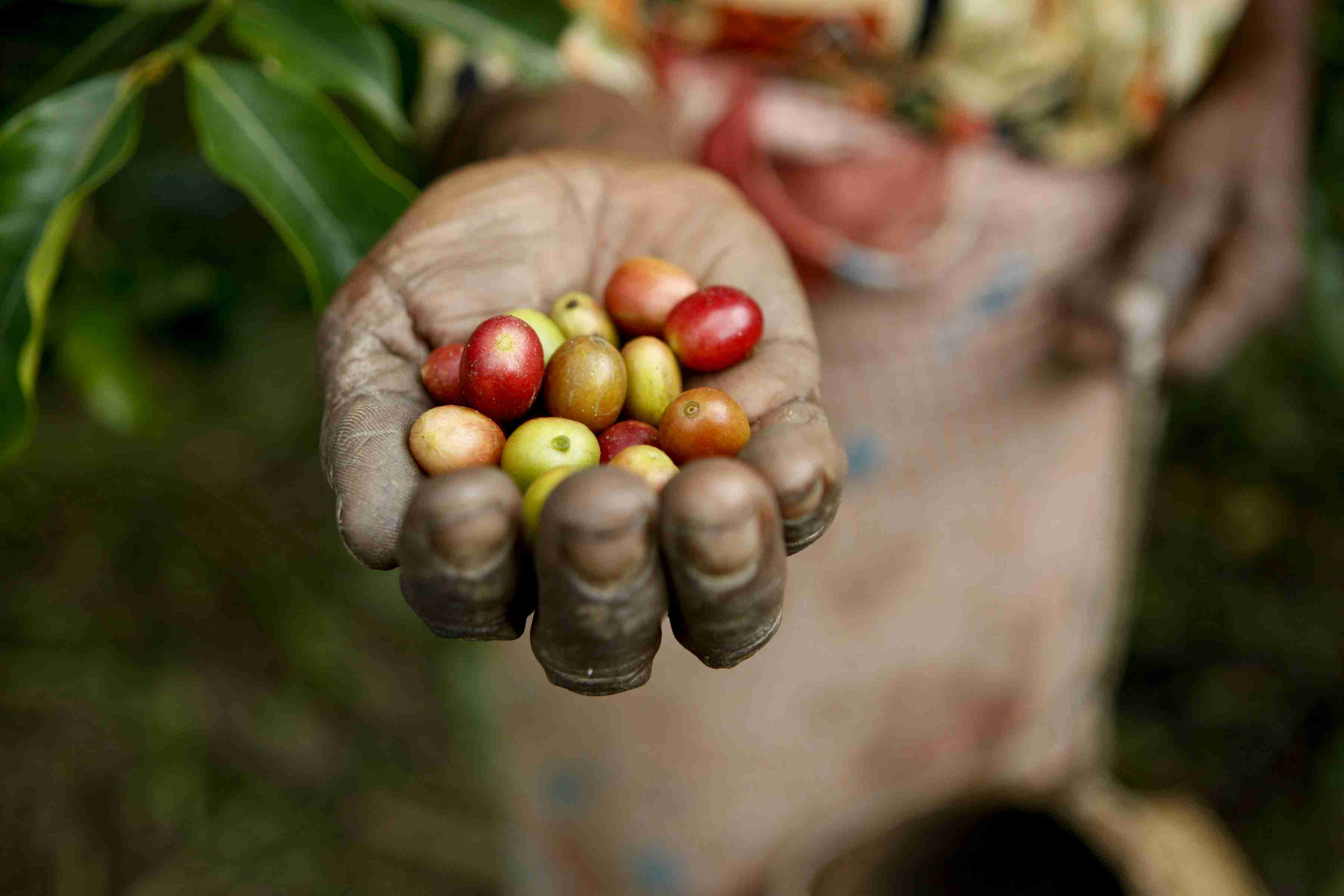International Fund for Agricultural Development (IFAD)
Agenda 2030 offers clear evidence that IFAD’s mandate of investing in rural people and enabling inclusive and sustainable transformation of rural areas, notably through smallholder agriculture-led growth, is of absolute global relevance today and over the coming decade.
IFAD’s work aims to catalyse country and global progress for rural people to overcome poverty and achieve food security through remunerative, sustainable and resilient livelihoods. All three strategic objectives of IFAD are related to water: SO1 to increase poor rural people’s productive capacities (incl. access to natural resources, agricultural technologies and production services), SO2 to increase poor rural people’s benefits from market participation (incl. water for agro-processing) and SO3 to strengthen the environmental sustainability and climate resilience of poor rural people’s economic activities (incl. environmental sustainability and climate change).
Estimated annual water and sanitation budget: IFAD water-related portfolio currently covers 118 projects in 68 countries, representing about 1.3 billion USD in loans, grants and technical expertise.




